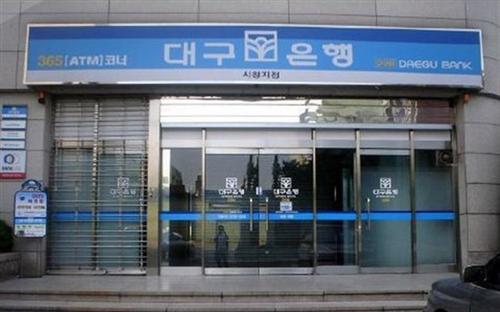Mobile payments, a real hit in Vietnam
Mobile payments, a real hit in Vietnam
Digital transformation in the finance-banking system is inevitable in the drive towards financial inclusion and sustainable development.
 |
The technology wave from the fourth industrial revolution has had a strong impact on all socioeconomic fields. For the banking sector, technologies and innovation have brought about many changes in business models and processes, product and service structures. The fourth industrial revolution has created financial-banking products and services to serve the need of customers.
According to the State Bank of Vietnam (SBV), mobile payment growth in Vietnam in the first quarter of 2019 increased by 232 percent in value and 98 percent in number of transactions compared to a year ago. Vietnam was among the countries with the fastest growth rate in mobile payments in the world with the percentage of consumers using mobile payments increasing from 37 percent in 2018 to 61 percent in 2019, according to the 2019 Global Consumer Insights Survey conducted in 27 territories and countries by PwC.
At an international symposium on digital transformation in banking and finance towards financial inclusion and sustainable development, co-organized by the SBV and the German Agency for International Cooperation (GIZ), SBV Deputy Governor Nguyen Kim Anh emphasized the importance of digital transformation in the banking system. A draft scheme on national digital transformation has set the goal of developing digital banking and fintech in 2020 to reduce the ratio of cash transactions to less than 10 percent, Anh said, adding that the SBV needs to quickly develop policies and a legal and regulatory framework, especially regulations on risk management, as a security corridor for the rapid development of fintech and digital banking.
According to the 2019 Global Fintech Report on 500 financial services (FS) and technology, media and telecommunications (TMT) companies worldwide, the FS and TMT industries are both using fintech to sharpen operational efficiency, lower costs, improve customer experience and heighten the appeal of products and services. Fintech is also carving out new business possibilities. Digital-only banks are offering redesigned client propositions and cost profiles. Investment managers are deploying fully customized robo-advice. The report also shows that 47 percent of TMT and 48 percent of FS companies have embedded fintech fully into their strategic operating model. In addition, 44 percent of TMT and 37 percent of FS companies have incorporated emerging technologies into products and services they sell.
Companies that have embraced fintech are reshaping the marketplace, and those that haven’t are being left behind. In fact, three-quarters of surveyed FS and TMT executives said they are stepping up their fintech investment in the next two years. More than 90 percent are very or somewhat confident that fintech will deliver revenue growth over the next two years.
Le Anh Dung, deputy director of SBV’s Payment Department, said 94 percent of Vietnam’s banks have deployed their digital transformation strategy, with 59 percent implementing it in practice.
Michael Krakowski, director and chief technical advisor of the Macroeconomic Reforms/Green Growth Program, said the digitization process and rapid technological changes have opened up great potential for overcoming capital shortages and supporting the greening of the economy and ensuring sustainable development. He also expressed his commitment to contribute to the process of developing financial and digital banking policies and regulations in Vietnam in order to promote the achievements of green, sustainable banking and financial cooperation goals.























